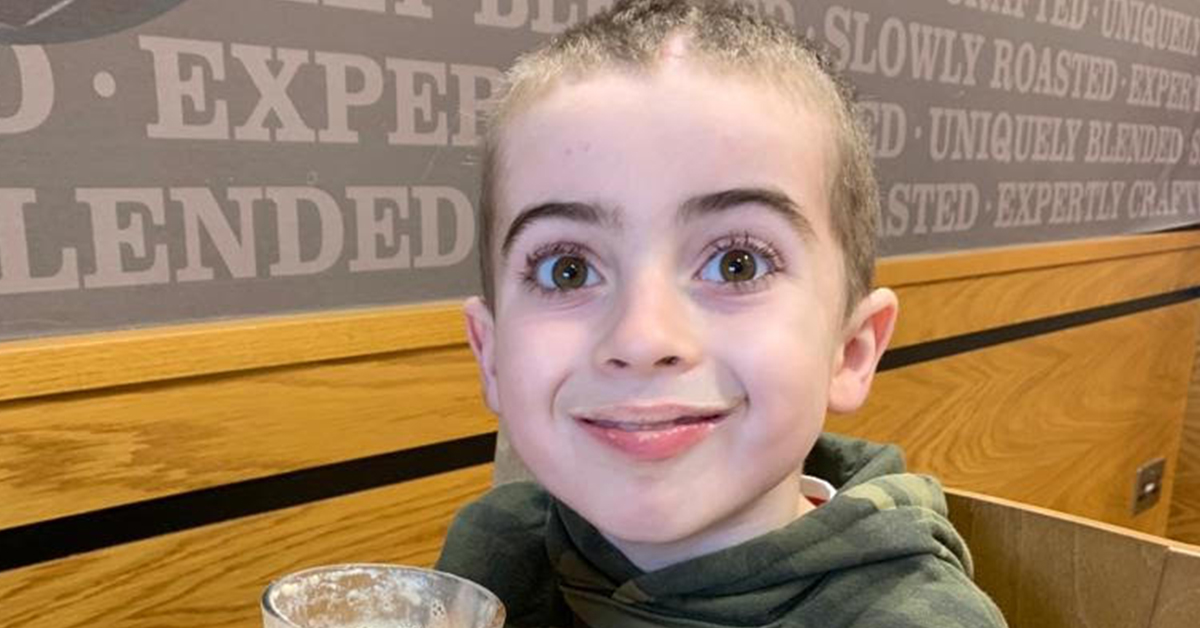Patient From Wales Receives Complex Neurosurgery at Hackensack Meridian Children’s Health
Family seeks treatment at Joseph M. Sanzari Children’s Hospital after four-year-old treated unsuccessfully in Europe
In 2022, pediatric neurosurgeon Luke Tomycz, M.D., in collaboration with pediatric epileptologist Eric Segal, M.D., performed a subtotal frontal lobectomy on a then four-year-old patient from Wales. The surgery is one of several complex procedures the team has performed as the neurosurgery department continues to expand its services beyond New Jersey into the rest of the country and beyond. Within the past year, Dr. Tomycz has performed surgeries on children whose families have traveled from upstate New York, South Carolina, and Kansas as his unique skills and reputation continues to draw out-of-state patients.
Prior to the surgery, the child from Wales was on a ketogenic diet and up to nine medicines to treat recurrent seizures. The child underwent bilateral electrode implantation in Europe but no further surgery was offered and he continued to suffer from daily seizures and decline in language, memory, and learning abilities. The boy suffered from non-lesional frontal lobe epilepsy. Frontal lobe seizures are a common form of epilepsy, a neurological disorder in which clusters of brain cells send abnormal signals and cause loss of awareness and involuntary convulsions.
The complex surgery on the child from Wales was performed in two stages. During the first stage, a craniotomy was performed and the patient was implanted with silastic, subdural grid electrodes that monitored seizure activity to target both areas of seizure onset and adjacent areas of “eloquent” brain function like language and motor function. The following stage was a dominant subtotal frontal lobectomy and was performed after about a week’s time based on the information captured from the subdural grid electrodes. Following the surgeries, the patient experienced a significant decline in both number and severity of seizures, resulting in more stability and better quality of life.
Frontal lobe seizures are a common form of epilepsy, and in many cases this epilepsy can be drug-resistant meaning that seizures continue despite multiple trials of medications. These types of seizures stem from the front of the brain, and are often associated with behavioral problems, sleep dysfunction, learning disabilities, and impaired learning.
Non-lesional focal epilepsy (NLFE) is a difficult form of epilepsy to treat. It causes recurrent seizures arising from an area of the brain that has no apparent structural abnormality, so scans of the brain appear normal. Specialized imaging like PET, SPECT, and MEG may help identify abnormal areas within the brain and intracranial electrode implantation is often a prerequisite to definitive surgery.
Learn more about our advancements in pediatric neurology and neurosurgery.
